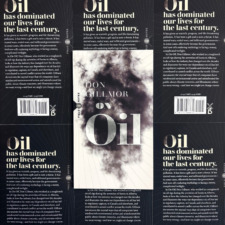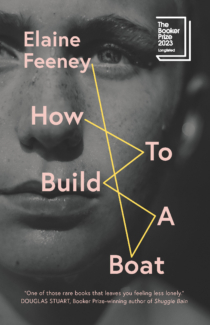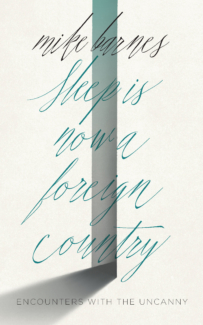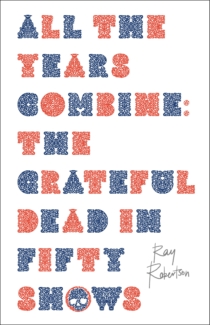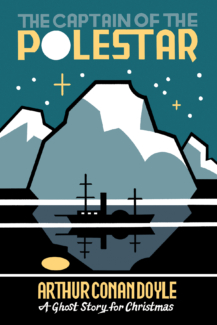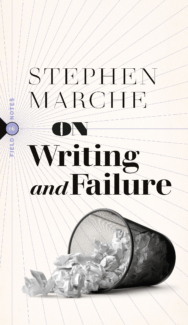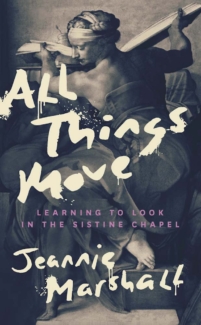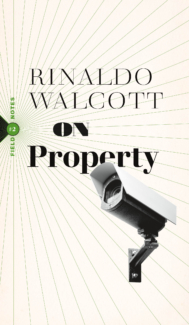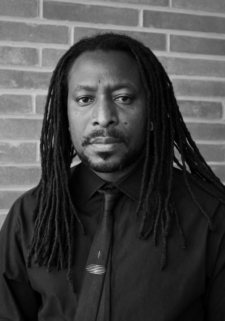Elaine Dewar’s On the Origin of the Deadliest Pandemic in 100 Years is not what readers have come to expect from Biblioasis. But it seems to us one of the most important works we’ve been part of at the press. As Phil Marchand pointed out with her last book, Dewar “is justly well-known for her relentless research and we’re fortunate to have her,” and this relentless research is on full display with On the Origin.
What she uncovers is a scientific world of little oversight, questionable motives, greed, deception, and political malfeasance, one open to manipulation and sabotage by outside forces, all of it with deep implications for how we move forward, not just with the COVID-19 pandemic itself but with the systems and structures that allowed for it, and which, if they are not reformed, may result in the same thing happening again. Dewar has uncovered facts about this case and made connections that have not yet been made public, in either our national newspapers or parliamentary debates. Its implications are explosive. She has provided language for what we are all experiencing, and in total this book should be read as a wake-up call to all of us, to demand more accountability and transparency from all, but especially those in positions of power.
Q1: Your new book On the Origin of the Deadliest Pandemic in 100 Years tackles one of the most troubling and controversial subjects of our age. To start, can you tell us a little bit about the book’s origin?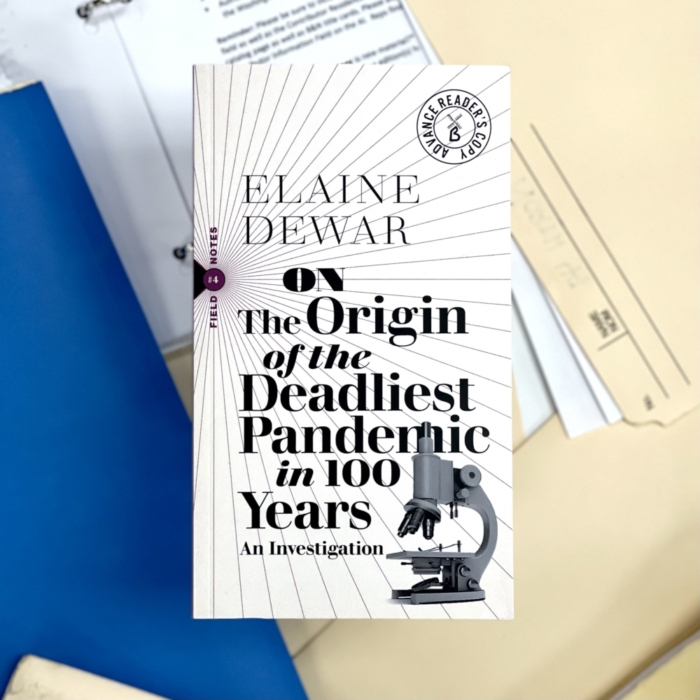
A1: I started clipping bits and pieces about the pandemic in January of 2020 because the coverage I was reading so reminded me of SARS, up to and including the false assurances from Canadian authorities that Canadians had nothing to fear, that the risk to Canadians was “low.” I was struck by how in those early stories the numbers kept doubling; the sure mark of easy person-to-person transmission of an infectious disease, and clearly a bad disease because the Wuhan hospitals were apparently very crowded. And China’s authorities were playing that down. By the end of January, Canada already had its first cases, yet the federal government kept saying nothing to worry about, we have no direct flights to Wuhan, as if that meant anything. It was obvious there was a great deal to worry about. China had locked down a city of 11 million and was frantically erecting enormous field hospitals. They clearly expected an unprecedented disaster. By then I had already started reading whatever I could find on the pandemic and noticed a story about two researchers in Wuhan who published what is called a preprint claiming that the virus might have leaked from one of two labs in Wuhan that study coronaviruses sampled from bats in the field, and that the researchers don’t take proper precautions. At about that time, someone asked the Minister of Health at a press conference about the possibility that the virus had leaked from a lab in China. She snapped the reporter’s head off and accused him of asking a racist question. By then I had been following the story of the collapse of Canada’s relations with China for some time, and the two stories sort of snapped together in my head. By the time Dan Wells got in touch in May and asked me to do a quick book for a new series he was launching, suggesting something on pandemic profiteers, I was already hooked on the origin story. Where did it come from? Lab or nature? How could I find out with the borders shut and Canada in lockdown?
Q2: Well, how could you find out? And what did you find? How did the research and writing of this book differ from those which preceded it?
A2: How to find out was the big problem. I don’t work for a newspaper: I could not argue that I needed to cross borders to do interviews. And I couldn’t get to people anyway because labs were closed, government offices were shut down with most bureaucrats working from home. So I was reminded of I.F. Stone, the great American journalist who published a weekly out of Washington D.C. He found his most explosive stories by reading published documents and making Freedom of Information applications for documents that were not public. I thought given this was a story about the science of virology, I should start by reading the publications in peer-reviewed journals about the origin of a virus that clearly seemed to have adapted immediately to human beings. And so that’s what I did. And what I found in peer-reviewed journals and in papers published by the scientists at the heart of the story led me into the story of a science that has gone global since SARS with very few regulations and a whole lot of pandemic potential danger attached to it. The more I read, the more the lab leak thesis seemed possible, not the deranged maunderings of racists and tinfoil-hatted conspiracy theorists as they were by then being described by scientists who were organizing all kinds of publications to knock that theory down. At which point the story expanded from reading the science to following the undeclared interests…
Q3: Yes, undeclared interests. That could have been the title of the book, and it’s one of the main things, I think, that On the Origin untangles. By the end of it I was wondering how we could trust anyone on anything remotely touching on the pandemic. There are too many to list for this interview, but is there any undeclared interest you would like to highlight here?
A3: I think the undeclared interests I found that upset me most, angered me most, were those connected with an article that appeared in the most highly rated science peer-reviewed journal Nature, which purported to show that the genome of SARS-CoV-2 could not have been the result of laboratory manipulation. There were five authors on that peer reviewed paper. The only one who declared a competing interest was an expert from Tulane University who declared he had interests related to a company he’s involved in. Three others on that paper all had serious interest in staying on the good side of China, who used this paper like a shield for the next year to say “You see, serious scientists say it couldn’t have been made in a lab.” Kristian Andersen, the lead author who is at the Scripps, which was in such financial trouble that it entered a relationship with a Chinese entity to keep it out of trouble, also had an application into the NIAID, a grant he later won. The NIAID had funded work done at one of the labs thought to be a possible source of a lab leak in Wuhan, Shi Zhengli’s lab at the Wuhan Institute of Virology. And that funding was aimed at the kinds of gain-of-function experiments which had caused fear and concern to critics for years. Another author on that paper, Ian W. Lipkin at Columbia, worked out of an institution that had been paid large sums of money from USAID through a charity called EcoHealth Alliance, which funded one of the labs in Wuhan. He had been honoured by China and has an honorary position there. Nothing was said about his competing interest. The third is E.C. Holmes, whose work is mainly done in China though he has a position at the University of Sydney and also at Fudan University in Shanghai. He had helped his Fudan colleague put up the genome sequence of the virus on a blog run out of Edinburgh because China’s officials were holding off its publication. This article was written shortly after both Holmes and Andersen called Anthony Fauci, head of the NIAID, on January 31, 2020, after Science ran a story in which one expert said a lab leak was a possibility. They told Fauci that their investigation of the genome revealed that a small portion of it might have been engineered in a lab. Holmes did not reveal in the Nature paper that he had done a number of papers with the lead bat /coronavirus researcher in Wuhan who works at the other lab suspected of being the source of the leak, the Wuhan CDC. The very next day, Andersen and Holmes were part of an emergency conference call organized by Fauci, Francis Collins of the NIH, Fauci’s boss, and several others in which this possibility was urgently discussed. Undoubtedly the difficult position of these funding agency directors was that they might be accused of funding the creation of SARS by funding one of those labs. Yet two days after that, Andersen was participating in crafting a letter to send to the White House accusing anyone who said a lab leak was a possible origin of the virus of being conspiracy theorists. He wanted to make the letter tougher than the man writing it, Peter Daszak. Daszak was also the author of a statement in Lancet yelling about a lab origin thesis as a conspiracy theory. Daszak did not declare a competing interest on that statement—specifically that his charity, EcoHealth Alliance, had been acting as a cutout for US funders like the National Science Foundation, the NIAID, and USAID, who all had funded Shi Zhengli’s work at the WIV’s lab. And we’re not talking about a little bit of money, we’re talking millions. Daszak went on to become chair of Lancet’s task force on the origin of the virus, again without declaring his interest in avoiding any investigation of a lab leak at the WIV, and also got himself appointed to the WHO-convened study of the origin of the virus. The WHO did not publish the competing interests of those foreign researchers who participated in that study and had them all sign confidentiality agreements so they couldn’t squeal on each other. The study’s phase one pointedly avoided any kind of investigation of the labs in Wuhan without doing any study on that question at all. It took months for various researchers to put these interests together.
Q4: There is a Canadian thread to your book, one which, though not directly connected to the origin of COVID, nevertheless sheds some light on the issue. Can you tell us a little bit about this?
A4: There was a theory in the early days of the pandemic that the virus might have been shipped from the National Microbiology Laboratory to the Wuhan Institute of Virology, the leading coronavirus study group in China. Back in 2019, two researchers had been taken out of the lab, their security clearances revoked: one of them had done papers on both SARS and on ACE2, one of the receptors for SARS-CoV-2 in humans. There was nothing to it: but it got me looking at what had gone on at the lab, about the two suspended researchers who came to Canada in the middle 90s when a whole group of researchers were sent from China to study in western labs, and what I discovered about their connections to China and the Wuhan Institute of Virology shed a lot of light on how biological science has become a globalized operation, and how China has placed its people in very important western institutions and then made use of them. It gave me the framework for the larger story of China’s long term plan to treat biology and biotechnology as a strategic high ground. The NML story took me to a bigger one.
Q5: And what was this bigger story?
A5: The larger story is about China’s long term plan to occupy the strategic high ground with regard to biology, and biotechnology, including apparently both the capacity to wage and defend against bio warfare. In pursuit of that strategy, which dates back to Deng Xiaoping’s time leading China, many very bright young aspiring scientists were sent to the West for their graduate studies. Many of them were high achievers who ended up on leading academic positions as well as in leading pharmaceuticals (like Sanofi in Canada) and also in the main high containment laboratories in the US (like Galveston) and in Canada at the National Microbiology Laboratory (Qiu and Cheng, etc.) Some of these people smuggled out important reagents, hid their connections to China’s military and transferred important data to China.
Q6: As you know, the Trudeau government faced a lot of pressure to release information about why Qiu and Cheng were fired from Winnipeg’s National Microbiology Laboratory, and that they went further than perhaps any government before them by suing the Speaker of the House to keep these documents from parliamentarians. This week, and in the middle of an election, as reported in the Globe and Mail, the government quietly withdrew its lawsuit. What is the significance of this? And why should Canadians care about who Qiu and Cheng are, and why they were fired?
A6: The timing of the election was in part to avoid having to produce the documents as per the June resolution of the House of Commons that the President of PHAC deliver unredacted versions of all emails and documents relating to the firing of Qiu and Cheng. The President, Iain Stewart, had claimed he could not provide unredacted documents due to the Privacy Act. The Canada-China committee brought forward a resolution in the minority Parliament which passed it demanding the unredacted documents. When the House voted in favour of the resolution, and PHAC and the Minister of Health still did not comply, the President was admonished at the bar of Parliament, which has not happened to a non-politician since 1910, the Speaker was about to decide whether to send the Sergeant at Arms to PHAC to get the documents when the House rose for the summer break. The Speaker decided to hold off sending the Sergeant at arms until the House resumed in September, but the government by then had decided to call the election. By going to the Governor General and asking for an election, the House was dissolved, the resolution became moot, and so the government withdrew its suit against the Speaker. It would have lost in the Federal Court. The Supreme Court has already ruled that Parliament is supreme, no court can stop it from getting information it asks for from the government of the day. The government was doing its best to cover up what had been going on at the National Microbiology Laboratory for years, which entailed what seem to be really outrageous breaches of national security, including experiments done by Qiu and Cheng along with a major general in the Peoples Liberation Army. If that woman, Chen Wei, did not have access to the NML labs, and I am pretty sure she did, she certainly had access to its data, which also requires a security clearance, long after Qiu and Cheng were suspended and their clearances retracted. Papers were published in 2020 that make that clear. Instead of being transparent about the mistakes made, over which the Minister of Health should have resigned, along with the Minister of Public Safety, the government chose to call an election to avoid the public knowing the exact nature of its amazing failure of oversight.
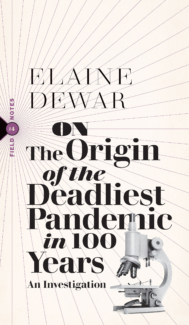 Q7: This book is part of the Field Note pamphlet series, and was signed on as On Blame. But over the course of your research the focus of the book changed and expanded, and blame became a far lesser concern, if only because there was so much to go around. It’s about the origin of this specific pandemic, yes, but it is about much more than this, too, with ramifications for how we move forward. If there were one or two quick takeaways you would like your readers to have on finishing On the Origin of the Deadliest Pandemic in 100 Years, what would it/they be?
Q7: This book is part of the Field Note pamphlet series, and was signed on as On Blame. But over the course of your research the focus of the book changed and expanded, and blame became a far lesser concern, if only because there was so much to go around. It’s about the origin of this specific pandemic, yes, but it is about much more than this, too, with ramifications for how we move forward. If there were one or two quick takeaways you would like your readers to have on finishing On the Origin of the Deadliest Pandemic in 100 Years, what would it/they be?
A7: The most important takeaway is that this book demonstrates the real danger is from arrogant and reckless globalized biological science which may have let loose the whirlwind. Globalized science is usually presented as a great boon, the best minds wherever they are working together for the good of humankind and the planet. What this book shows is what just about everyone who studies the practice of science knows: scientists are not sweet and selfless souls just following their curiosity. Like the rest of us, they must compete to achieve. For their work to continue and their prestige to grow, they must capture public resources. She who can do that best acquires power, which will in turn be used to defend those interests. In other words, research science is by definition intensely political, and when it is done across national boundaries by scientists from countries that are competitors, the merely political becomes geopolitical. China sees itself as a rising nation held back by the US. The US and Canada rightly see China as a strategic threat. The US in particular has been very careless about who and what it funded in China, apparently so it could keep a close eye on what China might be doing in the way of biological warfare research. But that meant work was done in China with American support that remained outside the regulatory purview of the US and in conditions that are not acceptable in the US. Canada, under intense economic pressure from China, clearly allowed our top containment lab, which used to do wonderful work, to be captured by China’s operatives acting in China’s interests, which do not coincide with our own. All governments and the scientists involved in this story have done what governments and people often do when they’ve screwed up. They covered up. And it’s up to us, the stakeholders as we are called, who have suffered and died from their mistakes, to hold them to account.
Available August 31 in Canada and September 14 in the USA. You can pre-order a copy here.


